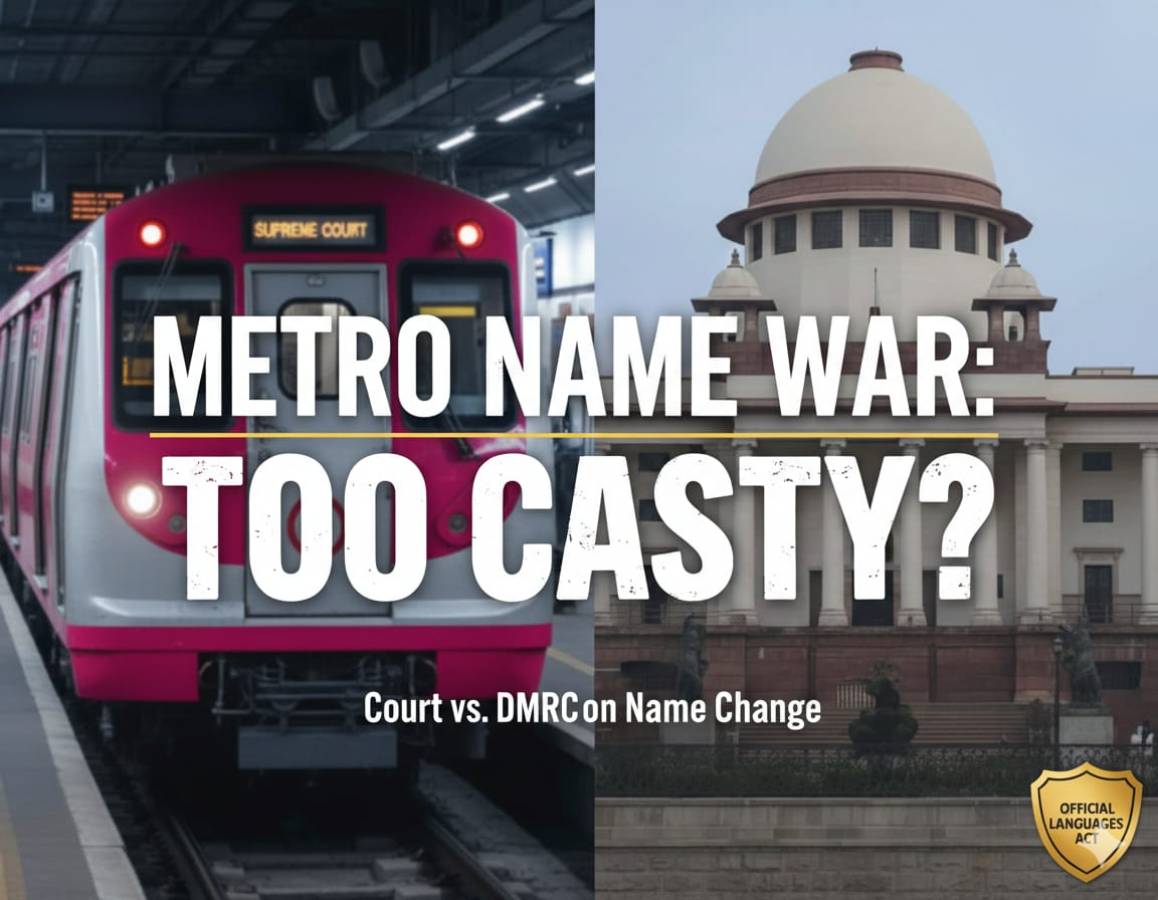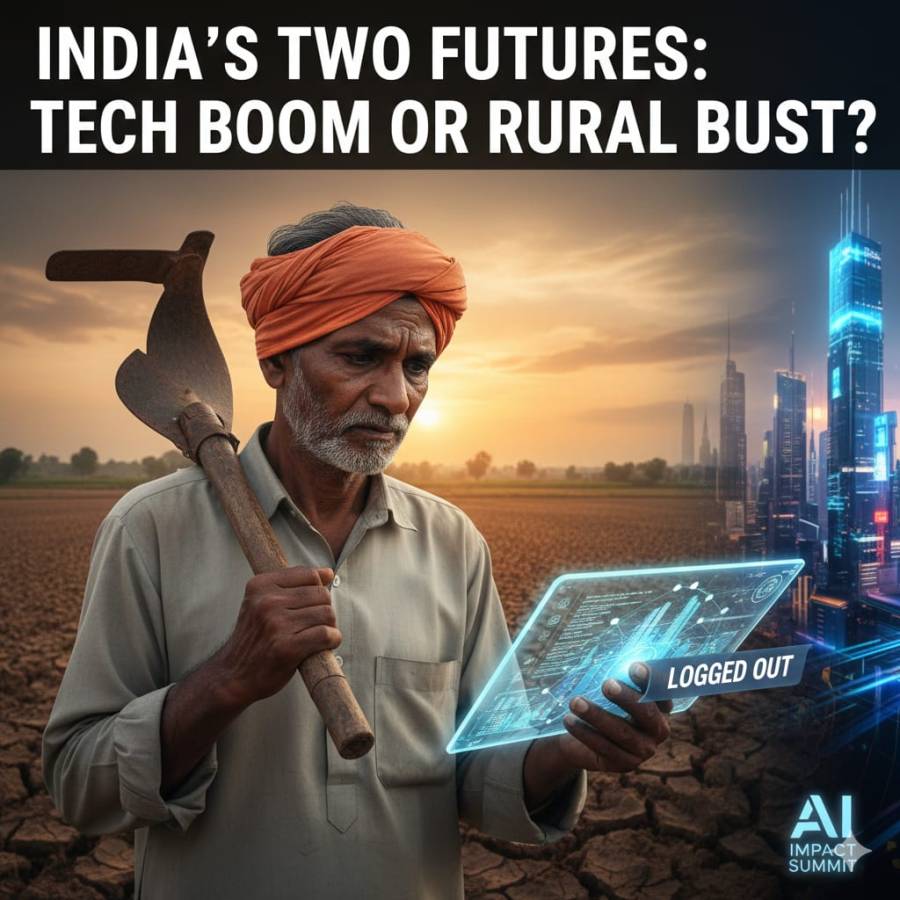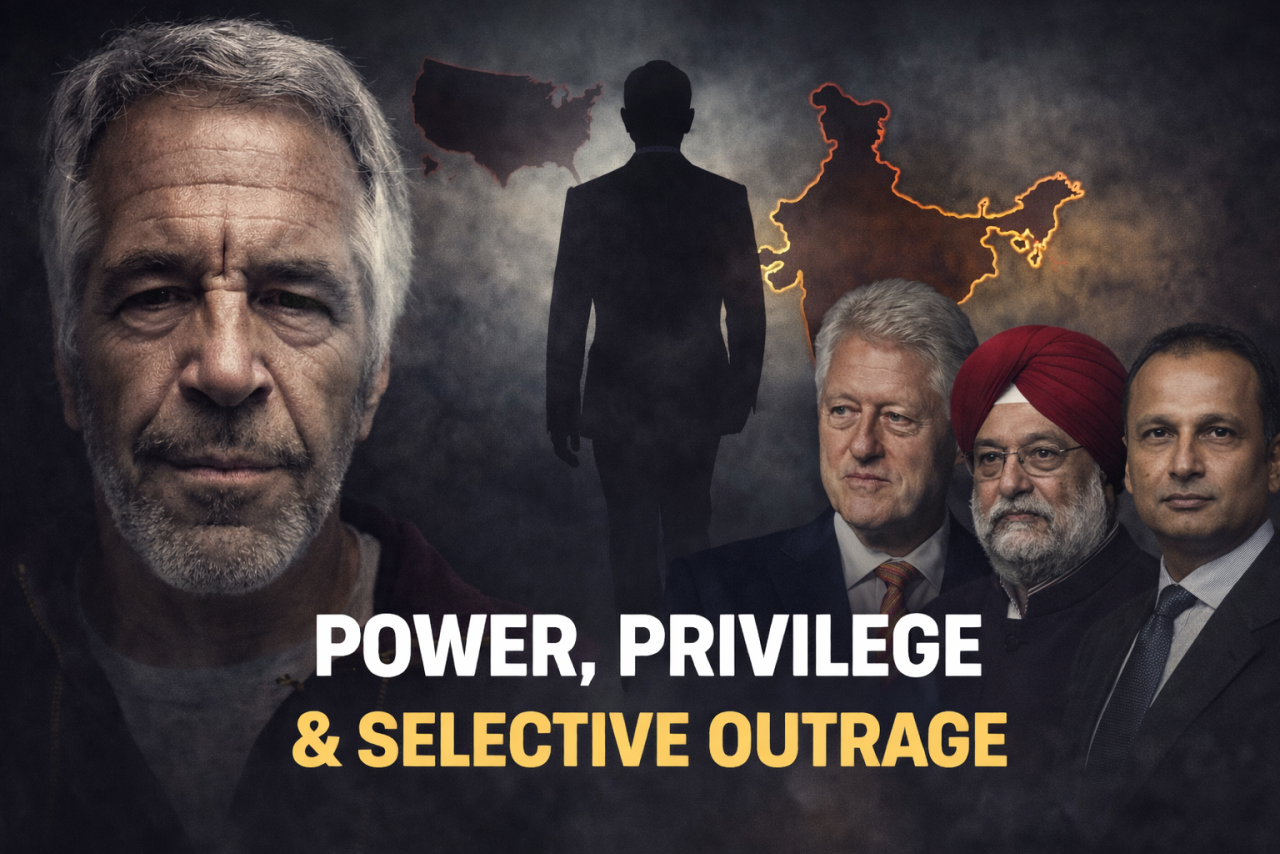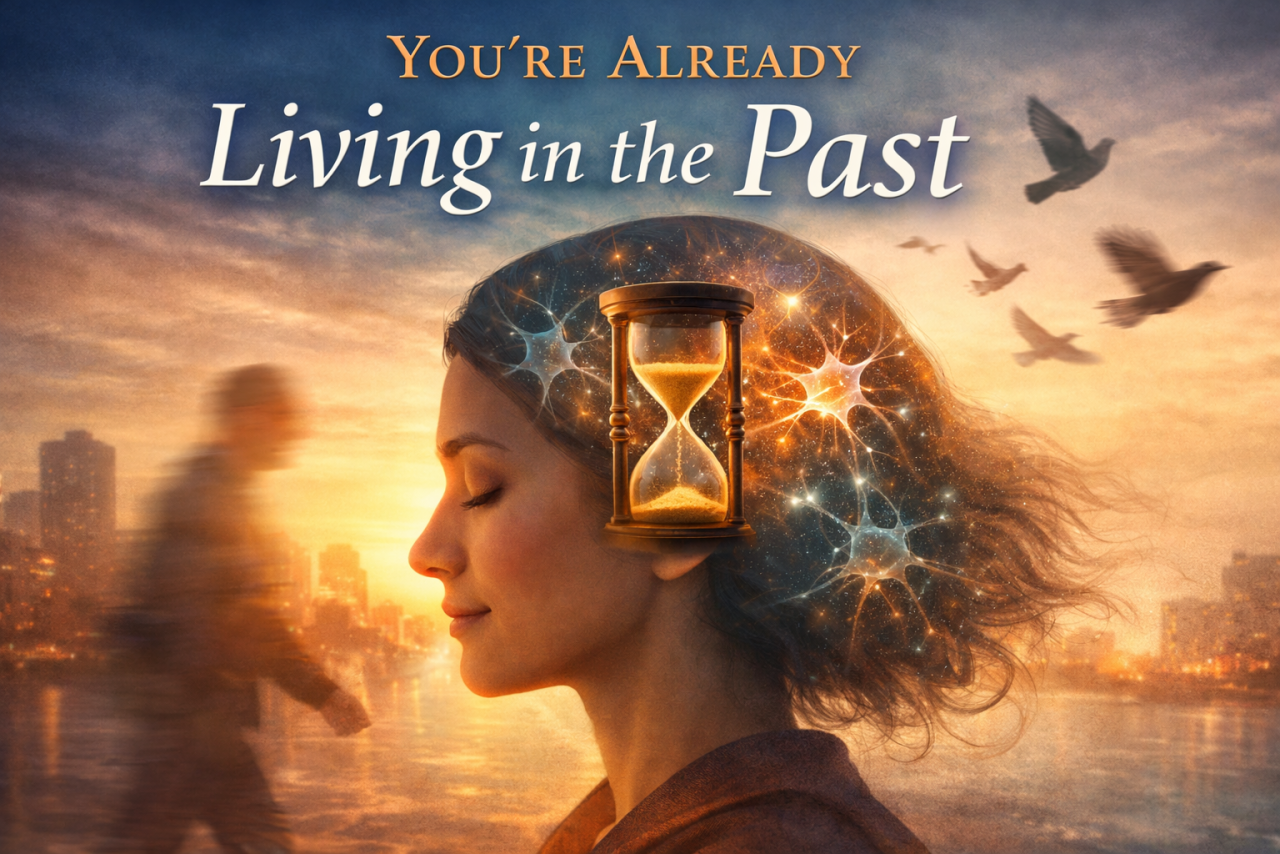
India has long struggled with reconciling its democratic promise of equality with its entrenched social hierarchies. While the reservation system introduced in the Constitution was aimed at correcting centuries of caste-based discrimination, it simultaneously institutionalized caste as a permanent identity in public life. Now, with the decision to conduct a caste census, we may be walking deeper into a trap we once tried to escape. If reservation was the first historic blunder—well-intentioned but ultimately divisive—the caste census threatens to become the second, cementing caste as the fulcrum of our political and social discourse rather than transcending it.
Let’s be clear: the demand for a caste census comes cloaked in the language of justice, equity, and data-driven governance. But dig deeper and you’ll find that its implications, like those of the reservation policy, are far more politically motivated than socially transformative.
The Comparative Trap: Fixing One Fault with Another
The original reservation policy was based on the noble premise of social justice. However, over the decades, it has evolved into a political tool—a currency of votes rather than a ladder of mobility. The caste census, now reintroduced by the BJP-led NDA, threatens to repeat this cycle under a new guise. Like reservations, it began as a mechanism to uplift the marginalised. Yet, just as reservation policies ended up creating a political economy of caste, the caste census will deepen caste consciousness in everyday governance and policymaking.
While reservation categorized people to ensure representation, the caste census will quantify them—an act that transforms identity into a fixed, state-recorded statistic. Instead of breaking caste boundaries, this could harden them. Numbers will be weaponised by every political party to redraw their caste arithmetic, and in the process, caste will no longer be just a social reality—it will become a political obsession.
Political Opportunism Disguised as Social Justice
The Modi government’s move to include caste enumeration has been seen by many political analysts as a tactical masterstroke. By hijacking the caste census narrative from the Opposition, especially the Congress and Samajwadi parties, the BJP has disarmed its rivals and redrawn the battlefield. The social justice plank once dominated by Mandal-era parties now wears saffron, rebranded as “Samagra” (holistic) justice.
But this clever politics exposes a brutal irony. The very party that once projected itself above caste politics is now embracing it in a sophisticated form. The upper castes who stood by the BJP for its Hindutva vision and ‘new India’ promise may now feel betrayed by this re-casteification of public policy. And yet, the BJP gambles on their silence—assuming their loyalty outweighs their resentment.
The Risk of Permanent Polarisation
Both reservation and the caste census share a dangerous commonality: they sort citizens not as individuals, but as representatives of a caste group. Over time, this classification becomes ossified, breeding resentment among those left out and entitlement among those included. The reservation policy already sparked this social friction, leading to demands for inclusion by economically forward yet socially excluded groups like Patidars and Jats.
The caste census threatens to turbocharge this process. Once the numbers are in, every community will lobby for a bigger slice of the pie—demanding more quotas, greater share in public contracts, educational seats, and even jobs. India will not be discussing competence or meritocracy—it will be litigating history with statistics, asking who suffered more and for how long. Instead of moving towards a casteless society, we will be micromanaging inequalities with caste spreadsheets.
Governance Reduced to Group Arithmetic
In theory, a caste census could help the government target welfare schemes better. But in practice, it will turn policy into a patronage system where governance is dictated by group identities, not individual needs. Caste-based data could easily override development metrics like income, region, or education. The obsession with group representation may eventually erode administrative neutrality and meritocratic values.
Already, we’ve seen how caste-based politics in Bihar and Uttar Pradesh reduced governance to a zero-sum game of identity balancing. A national caste census will take this model national, further crowding out issue-based politics focused on jobs, education, and infrastructure.
Towards a Perpetual Caste State?
Both reservation and caste census were meant to be temporary correctives. But in reality, they have created a caste state—where the identity assigned by birth determines your destiny more than your talent, aspirations, or effort. If reservation institutionalized the past, the caste census will bureaucratize it—adding another layer of rigidity to an already fractured social fabric.
Rather than enabling upward mobility, this system traps individuals within the lowest common denominator of group identity. We risk creating not just a society aware of caste—but a state that revolves around it, with every public decision reduced to an equation of proportionality rather than potential.
Fixing the Mirror, Not the Face
The caste census is being portrayed as a mirror to our social realities. But as with any mirror, we must ask—are we trying to reflect or reform? If caste is India’s oldest wound, then reservation was the bandage we applied in haste. The caste census, rather than healing it, may end up reopening the wound—inviting endless debates about who bleeds more, and who deserves more.
India must decide: do we want to become a society that sees caste as a relic of history or a country that programs it into every future decision? If reservation was the first mistake we failed to course-correct, the caste census may be the second—one we can still avoid before it calcifies caste further into the foundations of the republic.





















